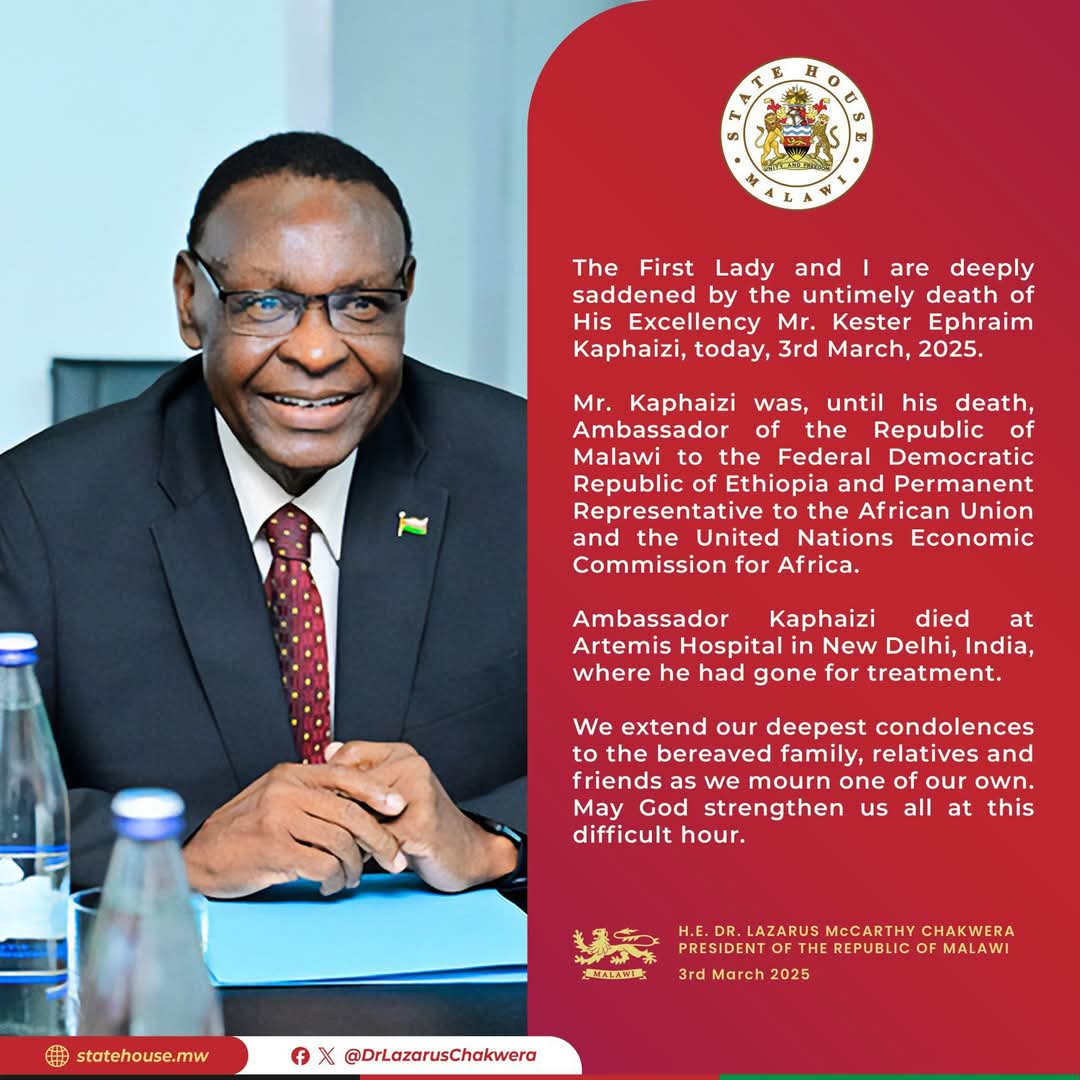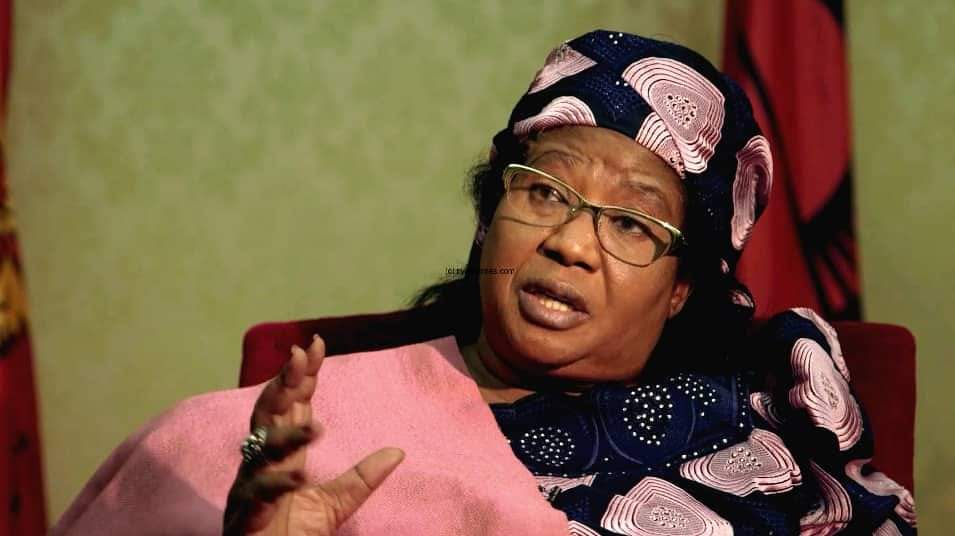By Burnett Munthali
The government of Tanzania has officially shut down access to the social media platform X, formerly known as Twitter, citing the circulation of pornographic material that allegedly violates national laws, cultural norms, and ethical standards.
Information Minister Jerry Silaa confirmed the decision, stating that the government took action in the interest of protecting the country’s moral fabric and legal framework.
The shutdown comes after weeks of restricted access to the platform, a development that coincides with growing political tensions ahead of Tanzania’s general elections scheduled for October.
Authorities say the move was also prompted by a series of high-profile cyberattacks in which official accounts belonging to the police and the Tanzania Revenue Authority were hacked.
These hacked accounts were used to share pornographic content and false information, including fake reports about the death of President Samia Suluhu Hassan.
The government views these incidents as serious security threats and justifications for tighter control over digital spaces.
However, rights organizations, including the Legal and Human Rights Centre, have condemned the shutdown as part of a broader trend of digital repression in the country.
According to a report by the BBC, critics argue that the government is using cybersecurity concerns as a pretext to silence dissent and restrict political expression online.
The shutdown of X has heightened fears that the upcoming elections may not be conducted in a transparent or democratic environment.
In a related development, Tanzanian authorities are facing serious allegations of abuse following the arrest of Kenyan and Ugandan activists who had crossed into the country to show solidarity with detained opposition leader Tundu Lissu.
The activists allege that they were sexually assaulted while in police custody, sparking outrage across East Africa and prompting demands for an independent investigation into the claims.
Despite mounting pressure from civil society and international observers, the Tanzanian government has denied all allegations of abuse.
President Samia Suluhu Hassan’s administration insists that the country remains committed to holding free and fair elections, and that law enforcement is operating within legal boundaries.
Nevertheless, the events unfolding in Tanzania have drawn regional and global attention, with human rights defenders warning of increasing authoritarianism under the guise of national security and morality.





